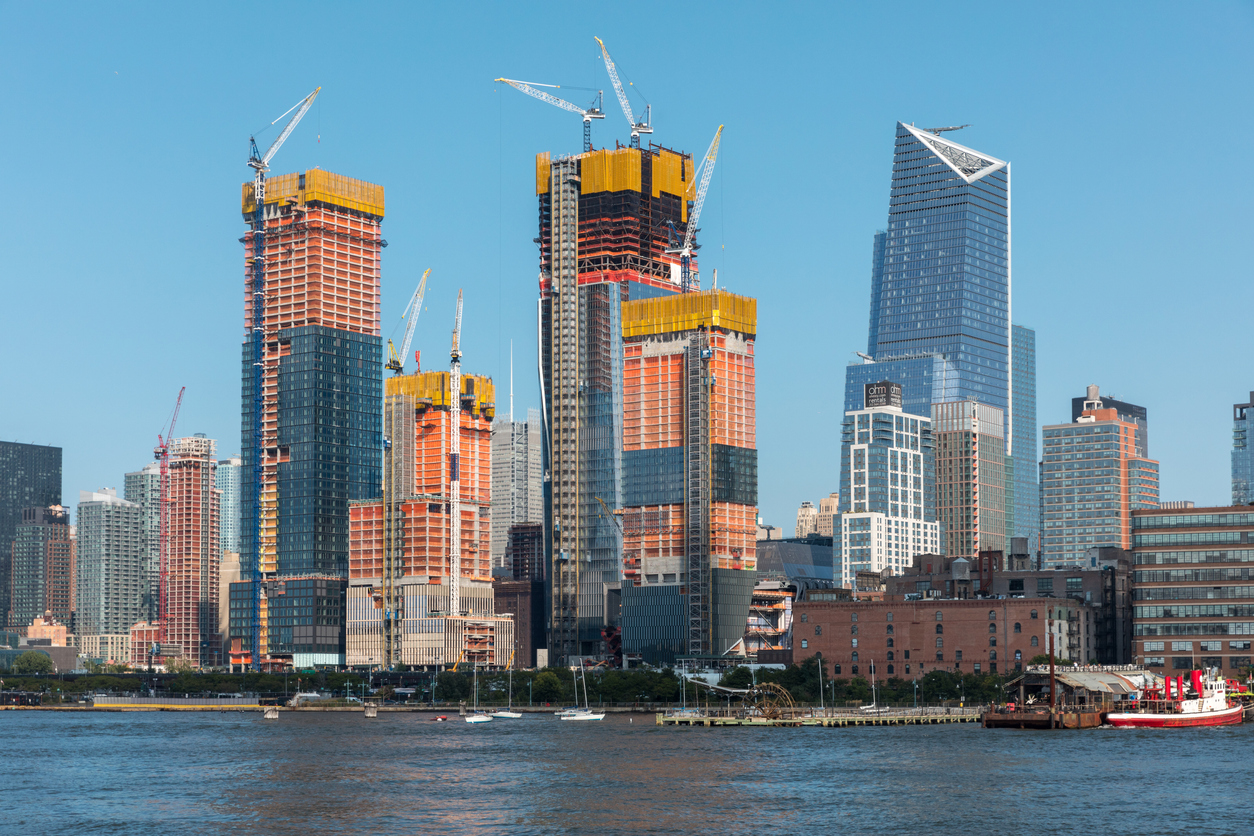- July 31, 2025
- 4 minutes read
New York Businesses Stand at a Crossroads as Regulations, Politics, and Urban Transformation Converge

New York is abuzz with fresh headlines as a wave of regulatory missteps, major corporate moves, and real estate shifts create a dynamic—and in some cases, urgent—environment for business. At the center of it all, over 150 licensed cannabis dispensaries are grappling with potential shutdowns after regulators discovered they mismeasured required distances from schools. Licensed store owners, many heavily invested in their locations, now face an uncertain fate unless lawmakers intervene—though any fix may not arrive until the Legislature reconvenes in January.
Meanwhile the real estate sector reeled from a tragic shooting at 345 Park Avenue, where four people were killed in a high-profile office tower. Major tenants and landlords immediately began rethinking security strategies, with many adding AI-based threat detection systems and centralized surveillance centers in the wake of the incident.
At the same time, Verizon made headlines by announcing the relocation of its NYC headquarters to a newly renovated Penn 2 tower near Penn Station, leasing 200,000 square feet and moving over 1,000 employees. This move accompanies a shift toward stricter hybrid policies that require more in-office presence, bolstering the Manhattan office leasing market—which just posted its strongest first half of the year in a decade.
On the tech front, New York continues its ascent as the East Coast’s innovation engine. Though it still trails San Francisco in early-stage venture funding, major players including Andreessen Horowitz, Lightspeed, and Index Ventures are expanding in NYC. The state’s $400 million Empire AI initiative and industry-funded groups like Tech:NYC reflect growing local momentum and confidence in long-term growth.
Energy is also heating up. The New York Power Authority unveiled a bold plan to more than double renewable generation capacity to roughly 7 gigawatts via solar and wind projects. Public feedback is underway as part of a public process that opens through mid‑September, spelling major opportunity—and debate—for businesses in clean tech and infrastructure.
Additional transformation is underway across the city’s skyline. A Midtown office tower at 343 Madison recently broke ground with anchor tenants already signed, and an iconic office block at 5 Times Square has been approved for conversion into 1,250 residential units. Meanwhile the reimagined Waldorf Astoria has reopened its doors with luxe guest rooms and new dining venues including Peacock Alley and Lex Yard—a signal of urban tourism rebound despite projections of a $4 billion blow from reduced international visitors this year.
All of this is unfolding as mayoral politics take center stage. Democratic nominee Zohran Mamdani has spelled out plans to dramatically reshape the city’s economic landscape, including tax hikes on corporations and wealthy individuals, funding shifts for policing, rent freezes, and mandates for government ownership of private supermarkets. His rhetoric has stirred deep concern among business leaders—many are reportedly weighing whether to relocate and investors are watching closely.
As New York heads into the fall, these overlapping pressures—regulatory uncertainty in cannabis, evolving corporate hybrid work norms, urban redevelopment, and political risk—are shaping a pivotal moment for the city’s business ecosystem. Entrepreneurs, landlords, investors and policymakers alike will be watching carefully to see how it all plays out.
